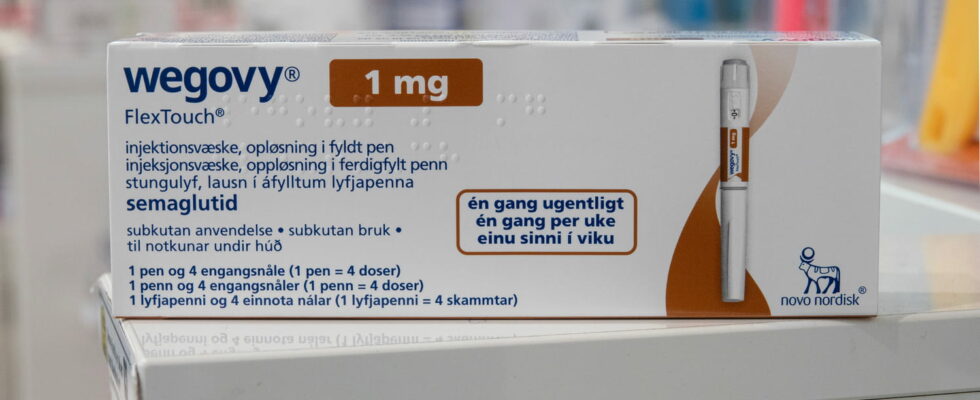The Haute Autorité de Santé has recommended reimbursement for anti-obesity treatment, but only in certain cases. We’ll explain it to you.
Green light for Wegovy! The High Authority of Health published this December 4, 2024 a favorable opinion on the reimbursement of Wegovy, a medication indicated for weight loss. But this opinion does not allow the drug to be reimbursed immediately: we must now wait for the final decision from the Ministry of Health. The price and reimbursement are then negotiated between the laboratory which markets the treatment, Novo Nordisk, and Health Insurance.
Wegovy should normally be reimbursed at 65%, since the opinion of the High Authority of Health determined that the actual benefit of the drug was “significant”, allowing it to obtain this reimbursement rate. Today, French patients have to pay between 200 and 300 euros per month for their injections of this appetite suppressant. Wegovy has in fact already been available in French pharmacies since October, with strict prescription conditions, including a consultation with an obesity specialist.
Once the final decision has been made, the appetite suppressant will be reimbursed only in obese adults with a BMI (body mass index) of at least 35 kg/m2, and in the event of a failed diet. This is the “population presenting the highest risk of complications linked to obesity”, justifies the High Authority of Health. The treatment should be taken in addition to increased physical activity and a low-calorie diet.
Minors also affected?
Patients who do not meet these criteria but who meet the current prescription conditions will still be able to access the treatment, but without reimbursement. The European marketing authorization provides access to people who suffer from obesity, but also those who are overweight and have a BMI of at least 27 kg/m2 and who suffer from a comorbidity factor such as high blood pressure, diabetes or cardiovascular disease. Obese minors over the age of 12 can also be prescribed this new generation treatment. The conditions of prescription, and soon reimbursement, are therefore strict, in order to limit the risk of misuse. This appetite suppressant drug is in fact frequently misused “for weight loss for aesthetic and not health purposes”, estimated the National Medicines Safety Agency (ANSM) this summer, despite a high risk of serious adverse effects. .
